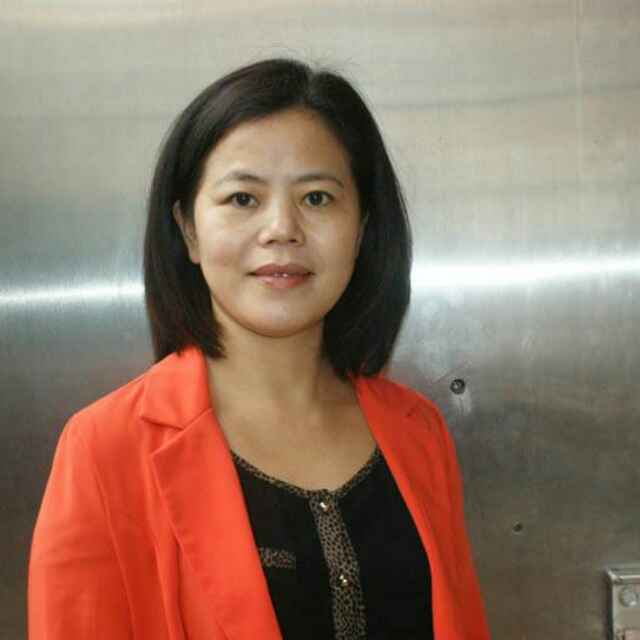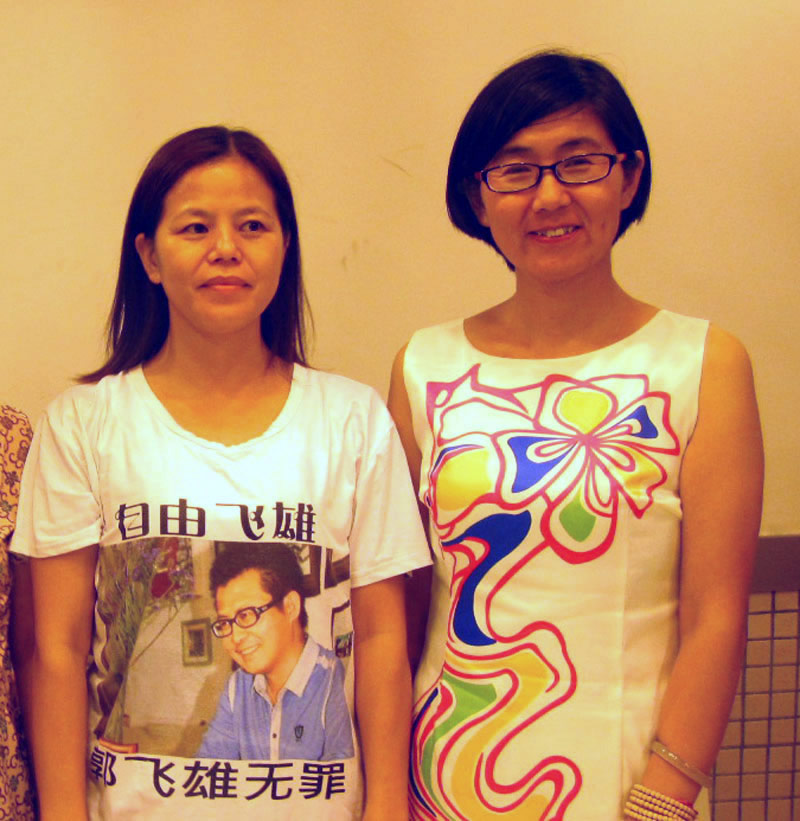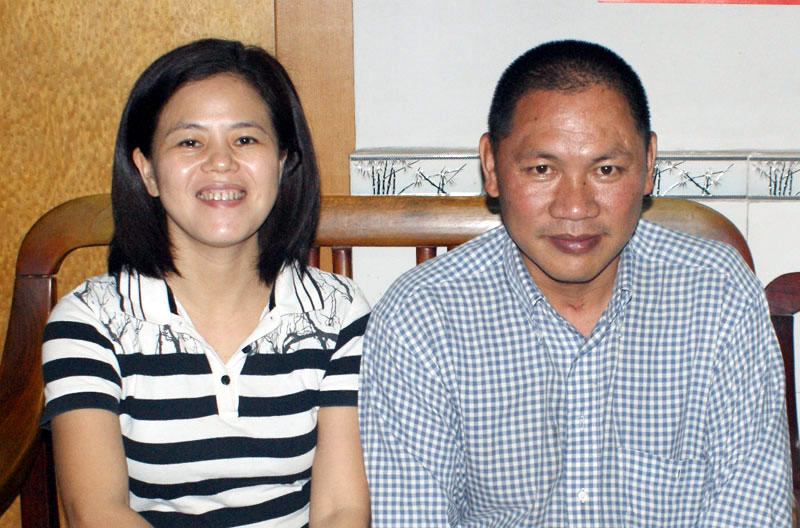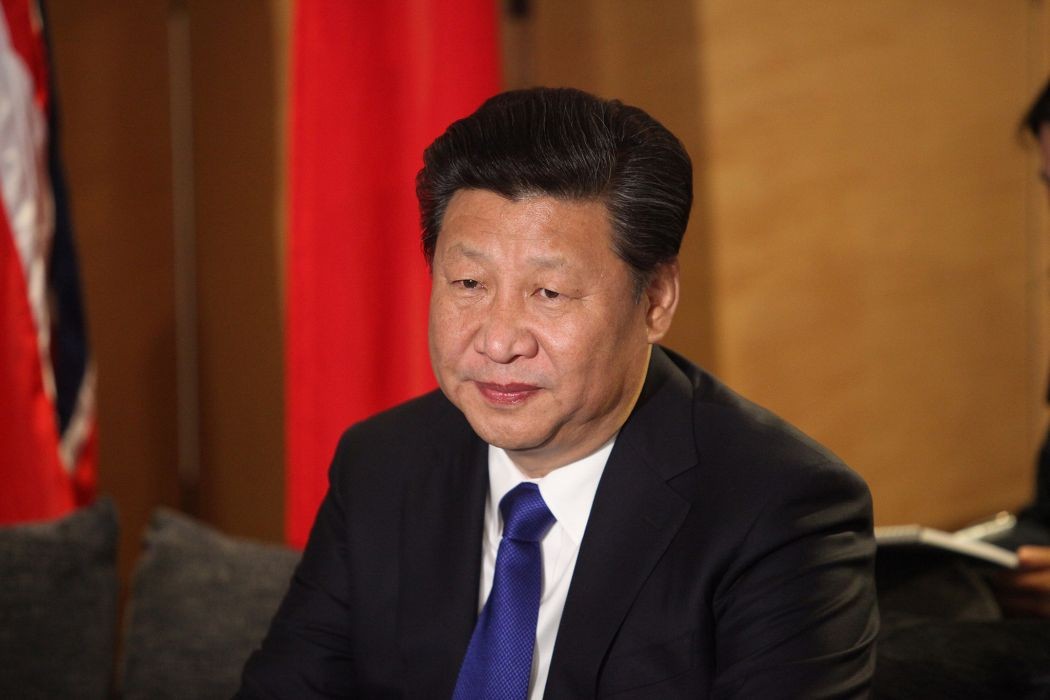By William Nee.
Chinese President Xi Jinping has called for greater “tolerance” of internet users. Yes, really. You read that correctly.
At a recent meeting on cybersecurity and the internet in Beijing, he called on Chinese Communist Party officials and government leaders to take heed of suggestions from internet users, and be willing to “welcome” “well-meant” criticism, even if it is “harsh-sounding”.

This new-found posture of “tolerance”, if it is to be taken seriously, should be immediately applied to Su Changlan, a women’s rights activist who has been detained ever since she made comments on social media in support of the pro-democracy “Umbrella Movement” in Hong Kong in late 2014.
Su Changlan faces up to 15 years in prison on the charge of “inciting subversion of state power”. Her trial took place in Foshan, southern China, last week but the verdict may not be known for several months.
It is outrageous that the prosecution’s indictment against Su Changlan makes abundantly clear that she is being prosecuted for nothing more than her online criticism of the Communist Party and the government, which she posted on overseas websites, social media, and made through Skype and Gmail.

Su Changlan is not famous. She is not as well-known as other dissidents like artist Ai Weiwei or the journalist and whistle-blower Gao Yu.
However, as her friend Maggie Hou said, Su Changlan’s story is remarkable precisely because it is the “story of many Chinese women”.
The former school teacher began her activism by helping rural married women fight back against unfair land grabs in Sanshan village in Guangdong province. Rural married women in China often suffer systematic discrimination in land use policies.
Su Changlan was also a forceful advocate for women’s and children’s rights, working on issues such as trafficking of children, child brides, and violence against women related to the enforcement of the one-child policy.
Although some observers suspect that Su Changlan was detained in retaliation for her activism as much as her social media posts in support of democracy, the prosecution’s case focuses solely on comments she made on the internet, which were seen as disparaging to the Communist Party.
“The Communist Party should be swept off the stage of history!” or “all of the corruption in China stems from the Communist bandits’ monopolizing the political power over 1.4 billion Chinese people” are some of her comments cited as evidence against her.

But other parts of the indictment touch on deeper issues. Su Changlan stood up for the rights of other activists, she stood in solidarity with them, and for this she is being severely punished.
A blog post in which she condemned the mistreatment of fellow activist Cao Shunli is now being used as evidence against her.
Cao Shunli died of organ failure on 14 March 2014 at a Beijing hospital, after six months in detention. Repeated requests by Cao’s family for her to receive medical treatment for serious health problems had been denied.
Cao was detained in September 2013 in Beijing as she attempted to travel to Geneva to attend a human rights training programme. She had led attempts to allow civil society to contribute to China’s national human rights report, as part of the on-going reviews at the UN. Her death caused an international uproar, but to this day the authorities have yet to conduct an independent investigation.
Similarly, another of Su Changlan’s blog posts now being used against her touches on the notorious Jiansanjiang incident, in which four lawyers who were investigating reports of torture at a Legal Education Centre in Jiansanjiang, north eastern China, were arbitrarily detained and tortured themselves. One of them, Tang Jitian, said that he was strapped to an iron chair, slapped in the face, kicked, and hit over the head with a plastic bottle filled with water until he passed out.
Her condemnation of the treatment of these lawyers and activists was later echoed by the United Nations Committee against Torture.
If China’s authorities are serious about showing “tolerance” towards “well meaning” dissent on the internet, Su Changlan’s case should be the first place to start. She is the victim of a politically motivated prosecution which flies in the face of international law.

But the caveat’s to President Xi’s remark – that tolerance be shown to “well-meant criticism” – would seem to imply that no such tolerance is likely to be shown by thin skinned Party officials towards Su Changlan.
Yet, there cannot be a more “well meaning” activist. She has dedicated her life to helping rural women, helping women and children, and standing together with victims of torture. She has done nothing more than exercise her right to freedom of expression, and she should be immediately and unconditionally released.
